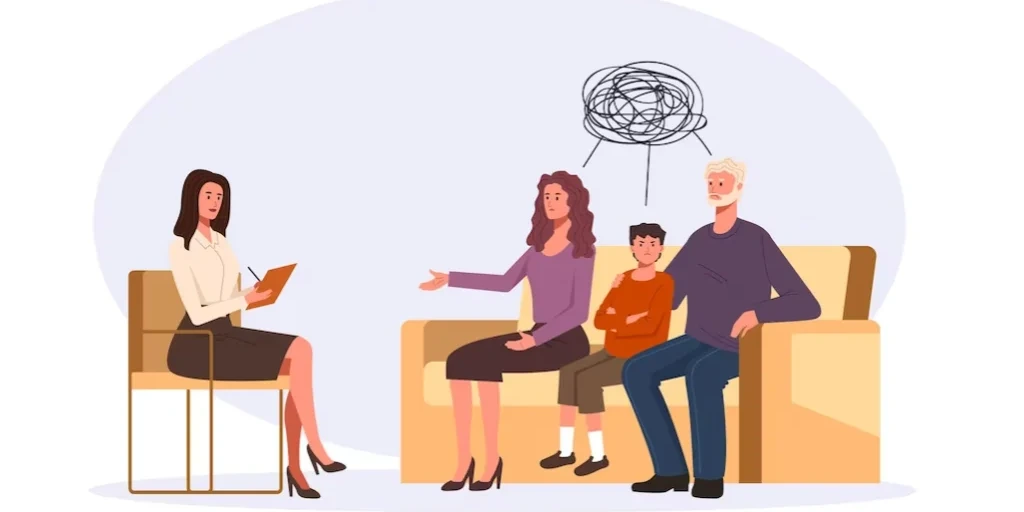24/7 Helpline:
(866) 899-221924/7 Helpline:
(866) 899-2219
Learn more about Ecstasy Rehab centers in Hood River
Ecstasy Rehab in Other Cities

Other Insurance Options

ComPsych

Covered California

Anthem

Molina Healthcare

Access to Recovery (ATR) Voucher

Holman Group

Lucent

Group Health Incorporated

BHS | Behavioral Health Systems

AllWell

Magellan

Health Choice

Aetna

Providence

State Farm

Magellan Health

Choice Care Network

Ambetter

Sutter

Premera

Providence Hood River Memorial Hospital Behavioral Health
Providence Hood River Memorial Hospital Behavioral Health is a private rehab located in Hood River, ...

Mid Columbia Center for Living
Mid Columbia Center for Living is a public rehab located in Hood River, Oregon. Mid Columbia Center ...








































